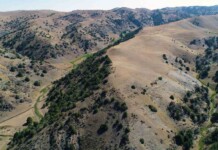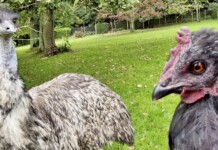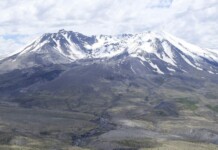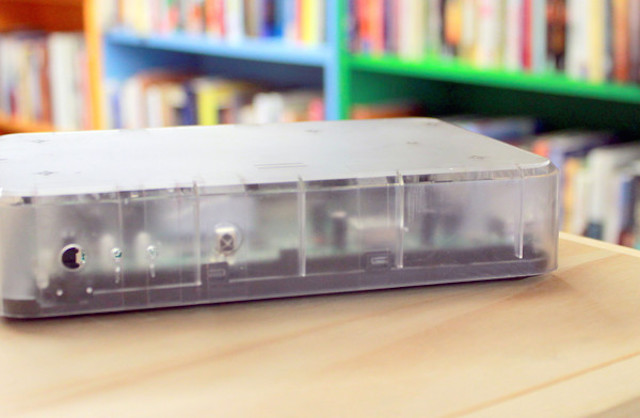A company wants to build virtual libraries in places the Internet doesn’t reach by blanketing the earth with data beamed from satellites.
More than four billion people don’t have routine access to the Internet. Remote
villages that don’t have online cable connections frequently do have satellite dishes. A company called Outernet is now providing a device that gives people a way to plug into a satellite dish and download free information that is available to the rest of us on the internet.

This Smartphone Case Charges Batteries Out of Thin Air
“We’ve had free radio, free TV, now there is free data,” Outernet CEO Sayed Karim told Good News Network.
The “Lighthouse” device allows a connection with the world by delivering access to free books and images in a way that avoids expensive infrastructure, data fees and censorship.
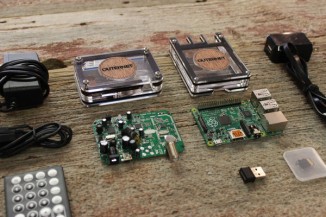 People must read the material on their mobile phones, which are becoming more common in remote locations. It will look similar to how a web page displays in a browser. The device costs $99, but the company lets people build their own from a kit or a few electronic parts (pictured left).
People must read the material on their mobile phones, which are becoming more common in remote locations. It will look similar to how a web page displays in a browser. The device costs $99, but the company lets people build their own from a kit or a few electronic parts (pictured left).
Outernet doesn’t provide the full Internet, but streams a data feed to the user that currently includes Wikipedia, Project Gutenberg — a collection of 49,000 books in the public domain — and a library of free e-books.
The company not only gives people access to information, but allows them to store it on the Lighthouse, so they can access it whenever they want. Outernet bills itself as “Humanity’s Public Library” and sees its mission as spreading information and education.
“Imagine what our world and global economy can accomplish when education is truly universal,” Karim said. “If we can can provide a Library of Congress in every village in the world, why should we not?”
He points to the story of William Kamkwamba, a teen innovator in Malawi who gained international fame when he taught himself how to build an electricity-generating windmill by using a couple books at the local library.
New Record for Scottish Wind Farms, Power for Nearly One Million Homes
Karim wonders how many other people like Kamkwamba could improve their communities’ lives if they simply had access to more knowledge.
“Today we are one step closer to living in that world,” Karim said.
Outernet is creating more content for that world – the company is hosting an “edit-a-thon” at Mozilla’s East Africa festival in Uganda this weekend. It will bring together innovators, educators to create and curate more public domain and Creative Commons material to include in this new data stream.
Perhaps foundations will begin distributing these devices, but right now they are sold on the company’s website.
(READ more at BuzzFeed) — Photos: Outernet
Beam This Story Around The World To Friends And Followers…



